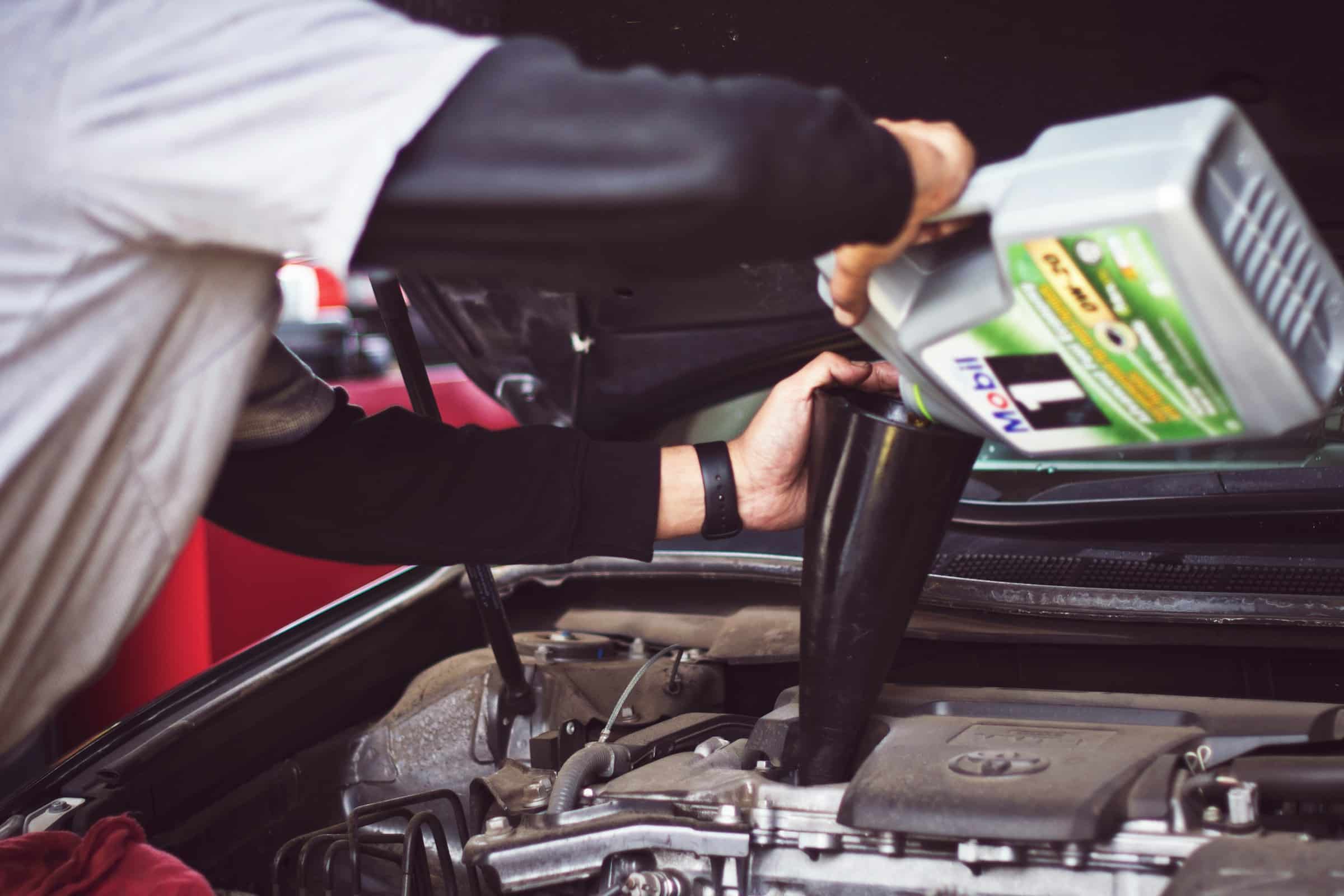It’s not uncommon to hear of car enthusiasts or professional mechanics upgrading various components of a high-performance engine to boost its power and efficiency. But have you ever wondered about the impact of upgrading a seemingly rudimentary part like the oil pump on the engine’s reliability? This article aims to delve into this aspect, exploring how an upgraded oil pump might enhance the reliability of a high-performance engine.
The Function of an Oil Pump in an Engine
Before we dive into the benefits of upgrading your oil pump, let’s first understand its role within an engine. The oil pump is a critical component of an engine, often referred to as the heart of the engine. Its primary function is to supply pressurized oil to the various moving parts of the engine, thereby reducing friction and ensuring smooth operation.
Also to discover : How to Custom-Tune Your Audi Q5’s Adaptive Suspension for Personal Driving Preferences?
In a high-performance engine, the oil pump is subject to more strain due to the heightened demands for lubrication. Therefore, upgrading the oil pump can be an effective way to enhance reliability, performance, and longevity.
Upgraded Oil Pumps and Increased Lubrication
Upgraded oil pumps are designed to deliver higher oil flow rates and increased pressure. These features enable them to supply greater quantities of lubricant to the engine parts, thereby reducing friction and the associated wear and tear.
In the same genre : What’s the Best Method to Calibrate Throttle Position Sensors in a Nissan 240SX?
This becomes particularly significant in high-performance engines, where the components are working at higher speeds and temperatures. The increased lubrication provided by an upgraded oil pump allows for better heat dissipation, reducing the chance of component failure due to overheating.
Enhanced Durability with Upgraded Oil Pumps
Another notable benefit of upgrading the oil pump is the enhanced durability it brings to the table. Upgraded oil pumps are often constructed with better materials and advanced designs, making them more resistant to wear and damage.
This enhanced durability ensures that the oil pump itself can withstand the high demands of a high-performance engine, thereby reducing the risk of pump failure. In turn, this ensures a steady supply of oil to the engine parts, enhancing their performance and lifespan.
Upgraded Oil Pumps and Improved Fuel Efficiency
While the primary role of an oil pump is to lubricate and cool the engine, it also plays a significant role in fuel efficiency. The lubrication provided by the oil pump reduces friction between the engine’s moving parts, allowing them to function more efficiently and consume less fuel.
Upgraded oil pumps, with their higher oil flow rates and increased pressure, can enhance this effect. The increased lubrication they provide allows for smoother and more efficient operation of the engine, thereby reducing fuel consumption. This is particularly beneficial in high-performance engines, which typically consume more fuel due to their higher power output.
Mitigating Engine Wear with Upgraded Oil Pumps
Lastly, installing an upgraded oil pump can significantly mitigate engine wear. As we’ve seen, the oil pump plays a critical role in lubricating the engine’s moving parts, reducing friction, and preventing wear and tear.
High-performance engines, with their demanding operation conditions, can benefit significantly from an upgraded oil pump. The increased lubrication provided by these pumps reduces the wear on engine parts, thereby extending their lifespan and boosting the overall reliability of the engine.
In conclusion, an upgraded oil pump can indeed improve the reliability of a high-performance engine. By increasing lubrication, enhancing durability, improving fuel efficiency, and mitigating engine wear, these pumps can significantly boost the performance and lifespan of an engine. However, it’s essential to remember that the quality of the oil pump, as well as its compatibility with your specific engine, should be taken into account when considering an upgrade.
Cost-Effectiveness and Return on Investment
Investing in an upgraded oil pump may initially appear as an unnecessary expense. However, the long-term benefits regarding improved performance, fuel efficiency, and longevity of the engine largely outweigh the upfront costs. Essentially, an upgraded oil pump can be seen as a long-term investment that pays off over time.
The initial cost of an upgraded oil pump varies depending on the specific model and brand. However, the economic benefits begin to accrue almost immediately following installation. For instance, the increased fuel efficiency results in lower fuel costs, resulting in considerable savings over time, especially for high-performance engines that typically consume more fuel.
Moreover, the improved lubrication and cooling effects of an upgraded oil pump reduce wear and tear on the engine components. This leads to fewer maintenance requirements, less frequent replacements of engine parts, and a prolonged engine lifespan, all of which constitute significant cost savings in the long run.
Notably, reducing the risk of engine failure or serious damage – which can be consequential to significant repair or replacement costs – is another financial benefit of upgrading your oil pump. Keeping in mind that the cost of major engine repairs can often surpass the cost of the oil pump itself, it is clear that the return on investment for an upgraded oil pump is quite substantial.
Conclusion: Ensuring the Reliability of High-Performance Engines
Upgrading the oil pump of a high-performance engine can significantly boost its reliability, performance, and longevity. The increased lubrication and cooling provided by the upgraded pump reduce friction and heat within the engine, thereby mitigating wear and tear and reducing the risk of component failure.
Furthermore, the superior materials and design of upgraded oil pumps increase their own durability, ensuring they can withstand the high demands of a high-performance engine. These pumps also contribute to improved fuel efficiency, resulting in lower running costs.
In the long run, the cost-effectiveness of an upgraded oil pump becomes evident. Despite the initial investment, the benefits in terms of reduced maintenance costs, fewer engine part replacements, prolonged engine lifespan, and reduced fuel consumption provide a substantial return on investment.
In conclusion, for those looking to enhance the reliability and performance of their high-performance engines, the installation of an upgraded oil pump is a worthy consideration. However, it is crucial to select an oil pump that is compatible with your specific engine and of high quality to ensure maximum benefits. The upgraded oil pump effectively acts as a guardian for your engine, providing the necessary lubrication and cooling to keep it running smoothly and efficiently for longer.












